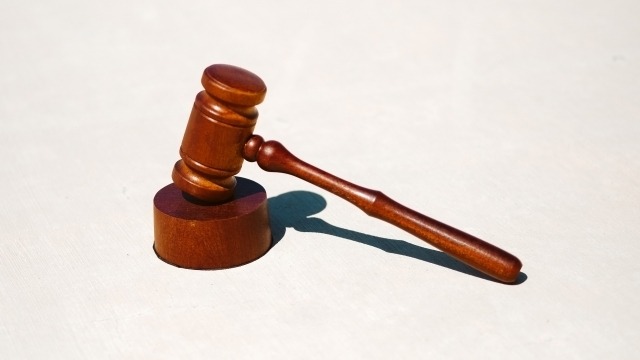Opinion: Ben Roberts-Smith decision shows importance of journalism, defamation laws

By Mark Kenny
A version of this article was originally published by The Canberra Times.
Which is murkier? The fog of war or the turgid mists of defamation law, where cases can turn on "substantial truth" or "contextual truth", on the balance of probabilities?
Either way, the decision by Justice Anthony Besanko in the Federal Court a case brought by Victoria Cross holder Ben Roberts-Smith is a mortar fusillade of its own, lobbing straight into the citadels of Australian battlefield practice, alpha-male military culture, and national security sensitivities.
In dismissing the application from Australia's highest profile war hero, the court has cut through the fog of war and boldly reinforced a role for disruptive public interest journalism.
The former Special Air Services operative claimed his reputation had been shredded by reports of incidents in which unarmed Afghans were humiliated, brutalised and, in some cases, executed.
The authors of the 2018 reports (carried in this masthead and in two others) Nick McKenzie and Chris Masters are exceptional investigative journalists who pursued the allegations vigorously.
Deciding to publish is never easy, especially when it weakens public confidence in trusted institutions such as the ADF given the perilous work it does for a grateful nation.
Sources relied on for the stories also testified during the case, which is estimated to have cost in the order of $20 million-plus.
Their whistleblowing took bravery. Stepping out of line to call out illegal and unethical behaviour brings excommunication.
The mastheads deserve praise also, given the commercial risks. Defamation cases have not been kind to journalism in recent years, notwithstanding a public interest defence available since July 2021, but not open to the respondents in this case which commenced before then.
Plus, any case that involves ADF and security matters invites the risk of police raids, as happened at journalists' homes and the ABC over its "Afghan files".
Mr Roberts-Smith was a big name, but bigness of reputation, and powerful cashed-up backers, should not shield one from accountability.
As the Public Interest Journalism Initiative (PIJI) told a parliamentary inquiry in March, such journalism "is vital for a functioning modern democracy ... [it] plays a critical role in ensuring that the community is well, and fairly, informed through holding powers to account and providing a public record".
Yet Australia lags behind its 5-Eyes partners in insulating journalists and their employers from pernicious search and seizure powers.
A recent scholarly paper by professors Rebecca Ananian-Welsh and Jason Boland (QUT and Melbourne law schools, respectively) compared these countries and found: "In NZ, the US, the UK and Canada, clear statutory and common law safeguards protect press freedom by limiting the circumstances in which warrants may be issued and executed against journalists and media organisations."
Just like this ruling, which is set to be appealed, there's a way to go yet.
Mark Kenny is a professor at the ANU Australian Studies Institute and host of the Democracy Sausage podcast.








